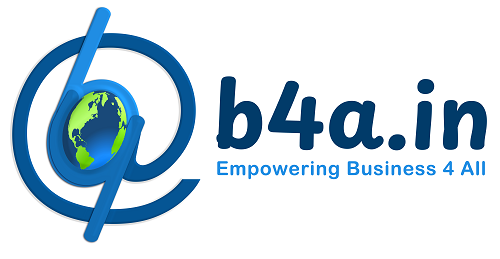In a world consumed by consumerism and materialism, the concept of minimalism offers a refreshing perspective. Minimalism is not just about decluttering and owning fewer possessions; it is a mindset and a lifestyle that promotes intentional living, conscious consumption, and a greener future. By embracing minimalism, we can simplify our lives, reduce our environmental impact, and discover greater happiness and fulfillment. In this blog, we will explore the benefits of minimalism and how it can lead us towards a more sustainable and meaningful existence.
- Less Consumption, Less Waste: Minimalism encourages us to question our buying habits and prioritize quality over quantity. By buying fewer items and focusing on what truly adds value to our lives, we reduce the demand for resource-intensive production, minimize waste generation, and contribute to a more sustainable economy.
- Decluttering and Organization: Minimalism prompts us to declutter our physical spaces and let go of excess possessions. This not only creates a cleaner and more organized living environment but also helps us realize how little we actually need to live a fulfilling life. By reducing clutter, we free up mental space, reduce the need for storage, and optimize our use of resources.
- Mindful Consumption: Minimalism encourages us to be more mindful of our consumption patterns. Before making a purchase, we can ask ourselves if we truly need the item, consider its durability and environmental impact, and explore alternatives like borrowing, renting, or buying second-hand. Mindful consumption helps us avoid unnecessary waste and invest in items that align with our values.
- Environmental Impact: By embracing minimalism, we can significantly reduce our ecological footprint. Owning fewer possessions means less energy and resources consumed in production, less packaging waste, and fewer items destined for the landfill. By living with less, we minimize our impact on the environment and contribute to a healthier planet.
- Financial Freedom: Minimalism promotes financial freedom by encouraging us to live within our means, prioritize experiences over material possessions, and focus on what truly brings us joy. By reducing our desire for material accumulation, we can allocate our resources towards experiences, personal growth, and investments that align with our values, ultimately leading to a more fulfilling and sustainable life.
- Mental Well-being: Minimalism goes beyond physical possessions; it also extends to simplifying our commitments, schedules, and digital lives. By removing the distractions and overwhelm of excessive clutter and commitments, we create space for greater mental clarity, reduced stress, and enhanced well-being. A simpler, more intentional lifestyle allows us to focus on what truly matters and cultivate a deeper sense of fulfillment.
Conclusion:
Embracing minimalism is a powerful way to simplify our lives, reduce our environmental impact, and cultivate a greener future. By consuming less, decluttering our physical and mental spaces, practicing mindful consumption, and prioritizing experiences over possessions, we can live more sustainably, experience greater happiness, and contribute to the well-being of our planet. Let’s embark on this journey of intentional living and embrace minimalism for a brighter and more meaningful future.
Summarized Important Points:
- Minimalism reduces consumption and waste generation.
- Decluttering and organization optimize resource use.
- Mindful consumption helps minimize environmental impact.
- Minimalism reduces ecological footprint and landfill waste.
- Financial freedom is achieved by living within means and prioritizing experiences.
- Minimalism enhances mental well-being and reduces stress.
By embracing minimalism, we simplify our lives, reduce our environmental footprint, and find greater contentment in a world focused on material accumulation. Let’s choose quality over quantity, mindful consumption over mindless consumerism, and create a greener future through the power of simplicity.

